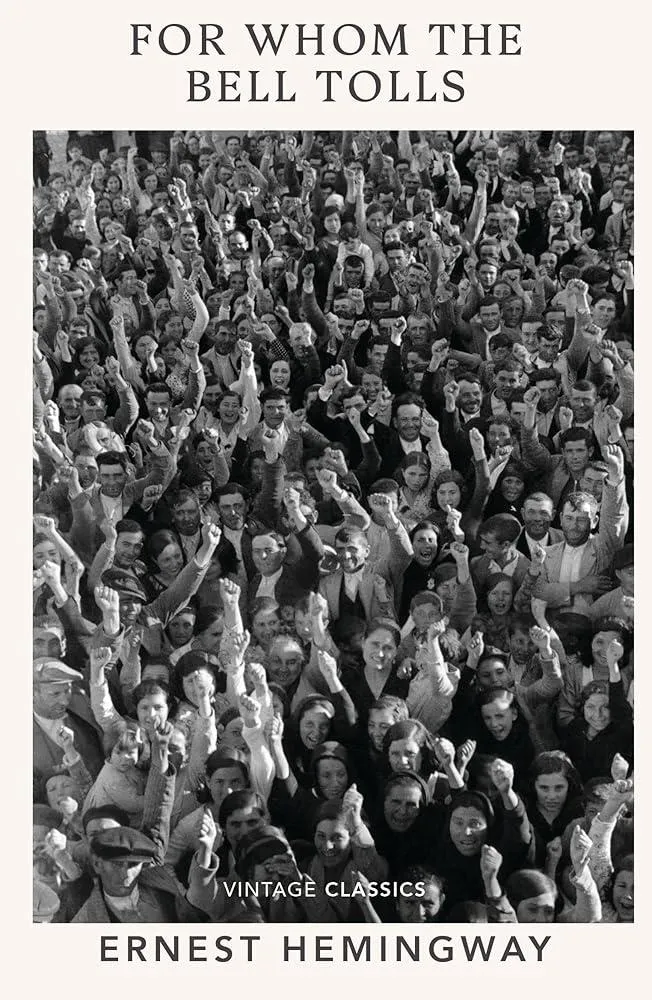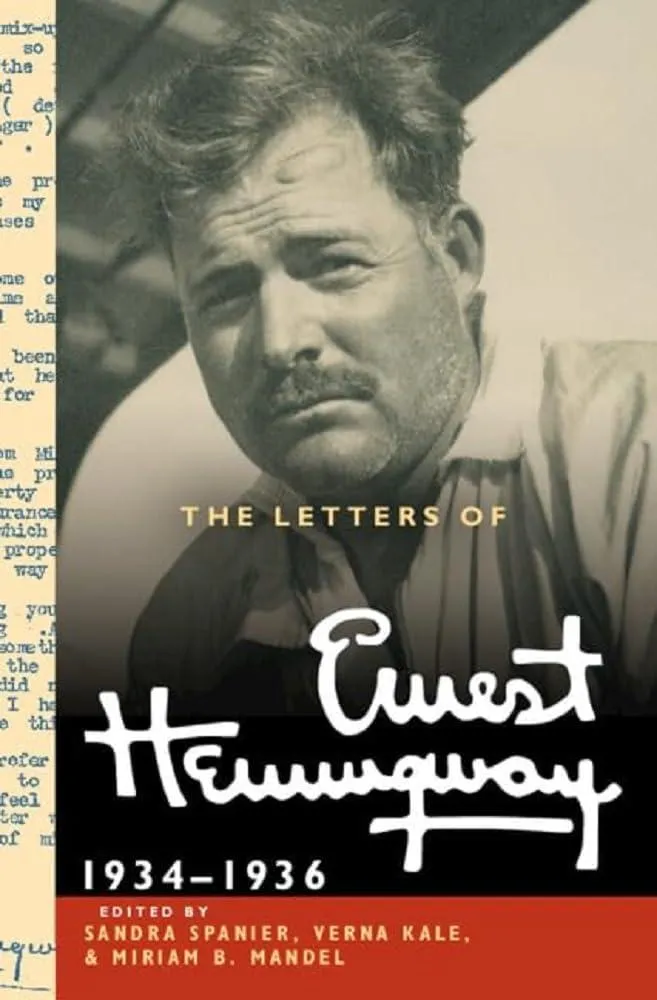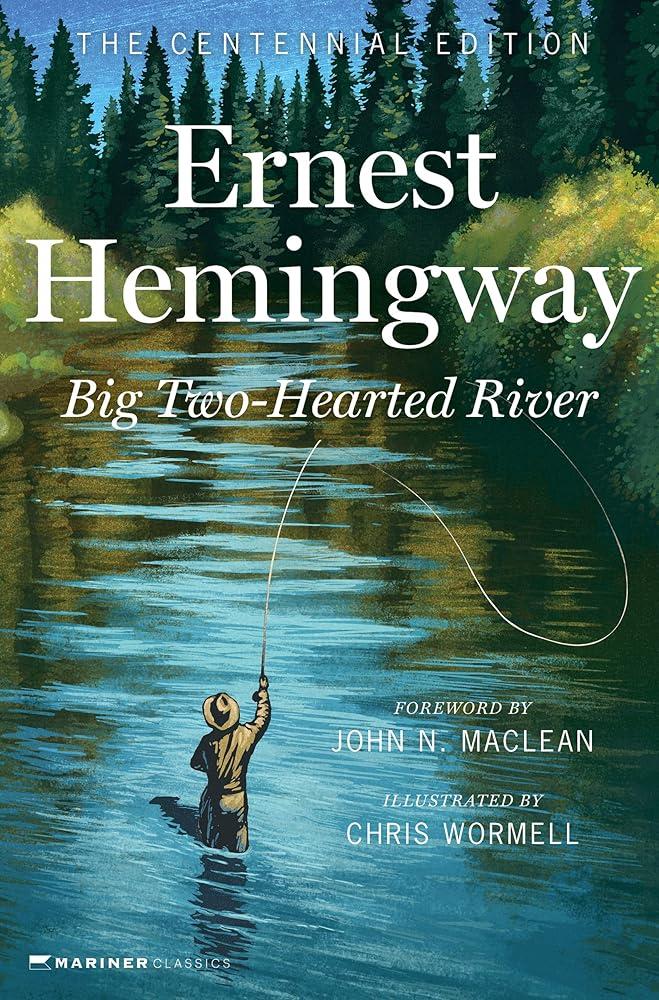
《老人与海》故事的背景是在20世纪中叶的古巴。主人公是一位名叫圣地亚哥的老渔夫,配角是一个叫马诺林的小孩。风烛残年的老渔夫一连八十四天都没有钓到一条鱼,但他仍不肯认输,而是充满着奋斗的精神,终于在第八十五天钓到一条身长十八尺,体重一千五百磅的大马林鱼。大鱼拖着船往海里走,老人依然死拉着不放,即使没有水,没有食物,没有武器,没有助手,左手抽筋,他也丝毫不灰心。经过两天两夜之后,他终于杀死大鱼,把它拴在船边。但许多鲨鱼立刻前来抢夺他的战利品。他一一地杀死它们,到最后只剩下一支折断的舵柄作为武器。结果,大鱼仍难逃被吃光的命运,最终,老人筋疲力尽地拖回一副鱼骨头。他回到家躺在床上,只好从梦中去寻回那往日美好的岁月,以忘却残酷的现实
Ernest Hemingway
Ernest Hemingway (1899-1961) was an American novelist, short story writer, and journalist known for his distinctive writing style and portrayal of masculinity. His most notable works include "The Old Man and the Sea," "A Farewell to Arms," and "The Sun Also Rises." Hemingway's writing is characterized by its spare prose, realistic dialogue, and emphasis on themes of war, love, and loss. He is credited with revolutionizing the modern American novel and influencing generations of writers with his minimalist approach to storytelling. "The Old Man and the Sea," a novella about an aging fisherman's struggle with a marlin, remains one of Hemingway's most famous and enduring works, winning him the Pulitzer Prize for Fiction in 1953 and solidifying his reputation as a literary giant.











